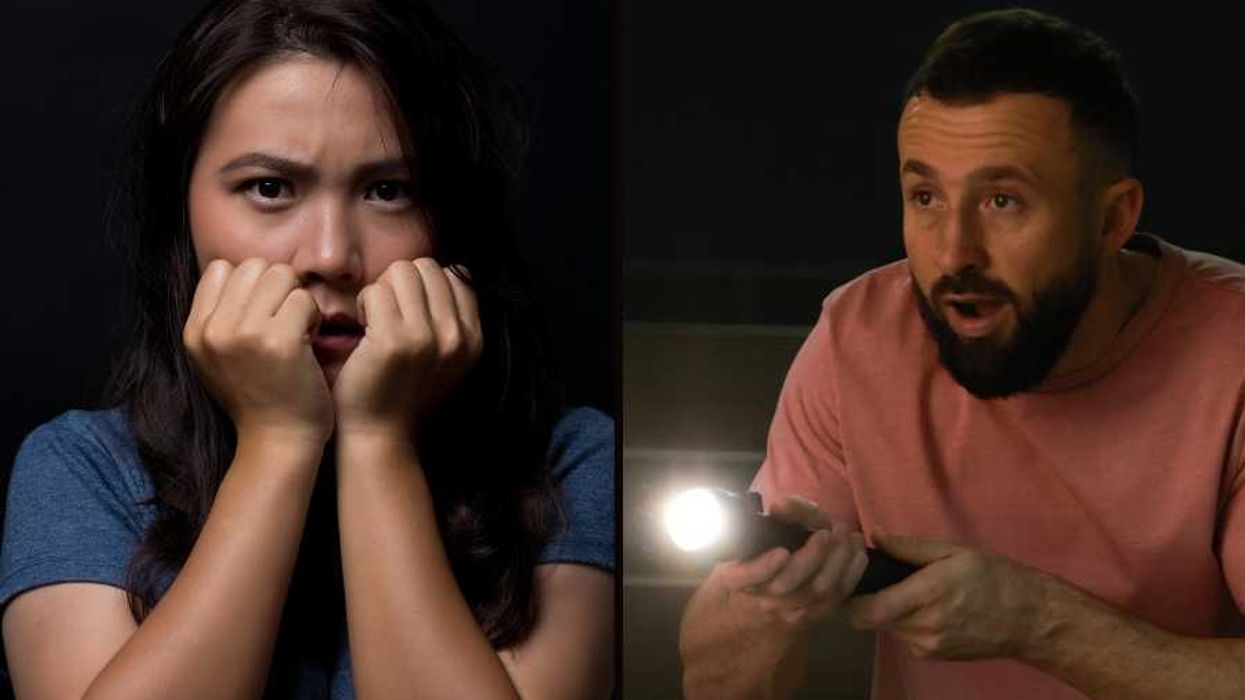In November of 2016, photographer Al Kamalizad worked with filmmaker and journalist Aaron Ohlmann to document the effects of ongoing war in Iraq on those displaced by the conflict.
War As A Way Of Life
Some people call for help. Others take selfies
By Al Kamalizad,
Al Kamalizad
Al Kamalizad is a filmmaker, animator, and photographer in Los Angeles by way of Tehran. His recent projects include a portrait of young journalists changing their field, a fictional documentary about a love story between a space shuttle and Planet Earth, and an animated holiday card about a Syrian family in harm’s way. He’s currently curious about how a social media feed can become the next iteration of long-form journalism.
Aaron Ohlmann
Aaron Ohlmann is a filmmaker who has lived and worked in Hollywood, Bollywood, Nollywood, and Hillywood. He produced the feature documentary Viva Cuba Libre in Havana, shot episodes of VICE's Black Market: Dispatches in West Africa and Japan, spent a year working with the UN's Rwandan Genocide Tribunal, sometimes lectures at the Beijing Film Academy, and directs projects for brands, bands and NGOs worldwide.
















 Screenshots of the man talking to the camera and with his momTikTok |
Screenshots of the man talking to the camera and with his momTikTok |  Screenshots of the bakery Image Source: TikTok |
Screenshots of the bakery Image Source: TikTok | 
 A woman hands out food to a homeless personCanva
A woman hands out food to a homeless personCanva A female artist in her studioCanva
A female artist in her studioCanva A woman smiling in front of her computerCanva
A woman smiling in front of her computerCanva  A woman holds a cup of coffee while looking outside her windowCanva
A woman holds a cup of coffee while looking outside her windowCanva  A woman flexes her bicepCanva
A woman flexes her bicepCanva  A woman cooking in her kitchenCanva
A woman cooking in her kitchenCanva  Two women console each otherCanva
Two women console each otherCanva  Two women talking to each otherCanva
Two women talking to each otherCanva  Two people having a lively conversationCanva
Two people having a lively conversationCanva  Two women embrace in a hugCanva
Two women embrace in a hugCanva 
 A reddit commentReddit |
A reddit commentReddit |  A Reddit commentReddit |
A Reddit commentReddit |  A Reddit commentReddit |
A Reddit commentReddit |  Stressed-out employee stares at their computerCanva
Stressed-out employee stares at their computerCanva
 Who knows what adventures the bottle had before being discovered.
Who knows what adventures the bottle had before being discovered. 
 Gif of young girl looking at someone suspiciously via
Gif of young girl looking at someone suspiciously via 

 A bartender makes a drinkCanva
A bartender makes a drinkCanva